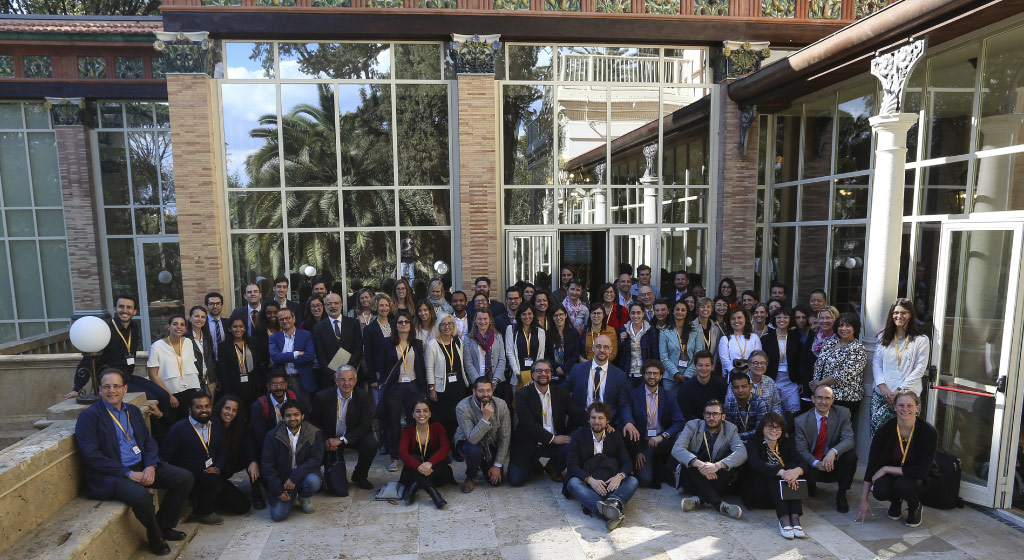ERSlab Probiomed – Jun 5th, 2020
To close (provisionally) the Digital ERSlab round-up, last June 5th it has been carried out the ERSlab dedicated to students of Probiomed Master, Management of Biomedical Products, major of the Luiss Business School Master in Healthcare, which main topic has been the sustainability report of biggest pharmaceutical companies, in a “from CSR to ERS” point of view. Before the teamwork session, to students it has been introduced CSR, or Corporate Social Responsibility, a fundamental concept formally added to European Union Agenda since the Lisbon European Council, which took place in March 2000. The Corporate Social Responsibility is considered one of the strategical instruments for creating a more competitive and tied society, aimed at modernizing and strengthening the European Social Model.
In the European Commission Green Book published in 2001, the Corporate Social Responsibility is defined as “…the responsibility of enterprises for their impact on society and, therefore, it should be company led. Companies can become socially responsible by integrating social, environmental, ethical, consumer, and human rights concerns into their business strategy and operation, following the law. Public authorities play a supporting role through voluntary policy measures and, where necessary, complementary regulation.” (source: https://ec.europa.eu/growth/industry/sustainability/corporate-social-responsibility_en).
The CSR goes beyond the mere respect of law prescriptions by fulfilling the best practices and behaviors voluntarily adopted by a corporate, and it is strongly focused to obtain beneficial results and advantages to itself and the overall context in which it operates.
Particular attention is given to relations with the stakeholders: collaborators, providers, customers, partners, local community and institutions, for which the CSR accomplishes concrete actions on their behalf.
All of this is translated to a corporate policy aimed at conciliating economic goals with social and environmental ones of the referring territory, in a future sustainability view (source: https://www.unioncamere.gov.it ).
The students had to face two challenges, during teamwork session: the first one was about the construction of a full CSR strategy for an area pharmacy, while the second one focused most on CSR behaviors and strategies to be implemented in one’s own professional life.
Even in this case, the ERSlab did not disappoint students, rather their response has been more than fitting. Federico Berté affirmed that “…to have experienced this ERSlab gave me the opportunity to give an answer to the question: how an enterprise may contribute both to its good – the income and value of enterprise – and to the one of the community it is inserted in? from this derives that business and local community together make up an ecosystem in which both entities must feed reciprocally through works and services, to determine everyone’s wealth. The ERSlab gave me also the opportunity to face new thoughts and ideas belonging to my colleagues, by pulling an opportunity of personal enriching.”














